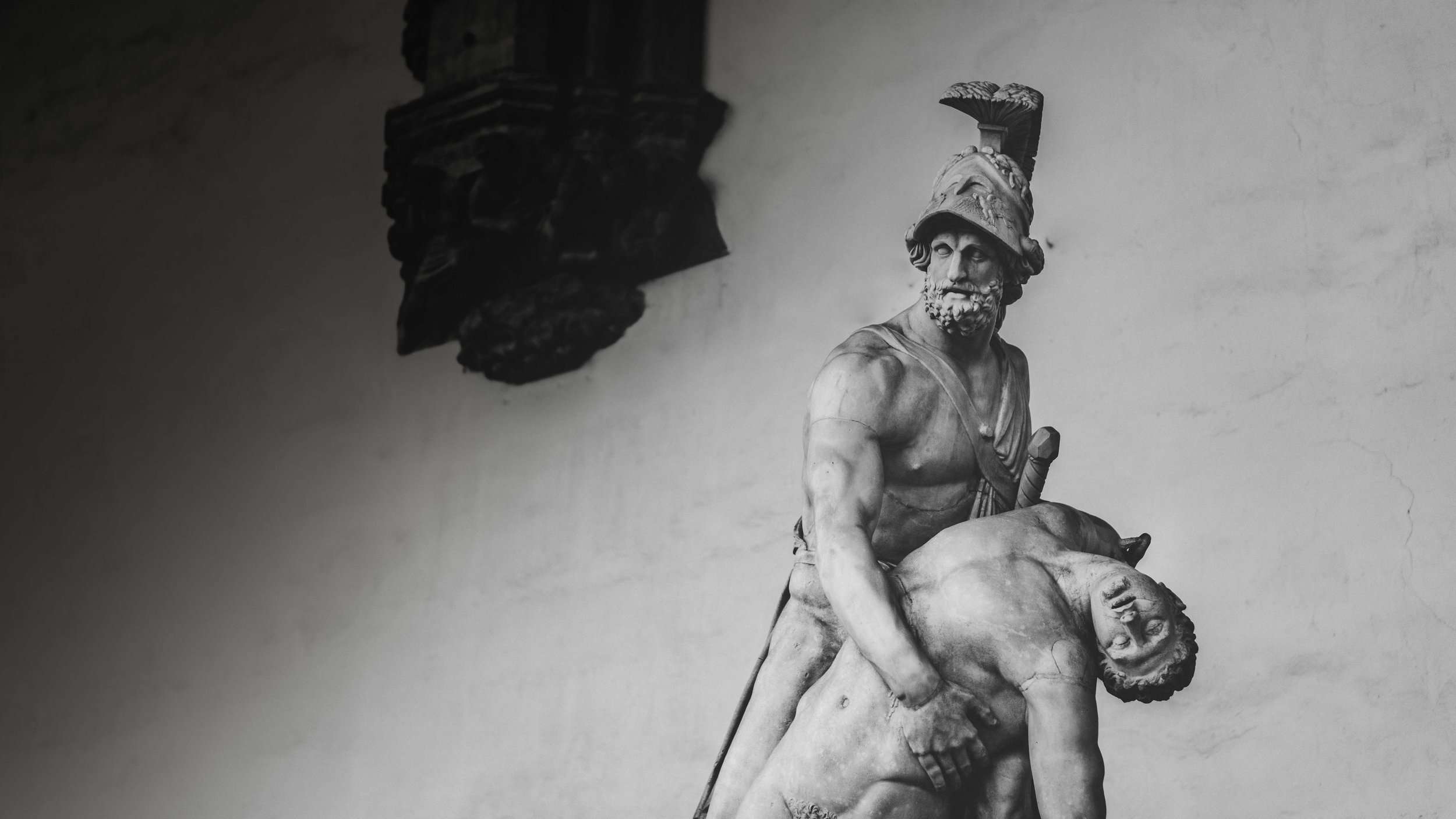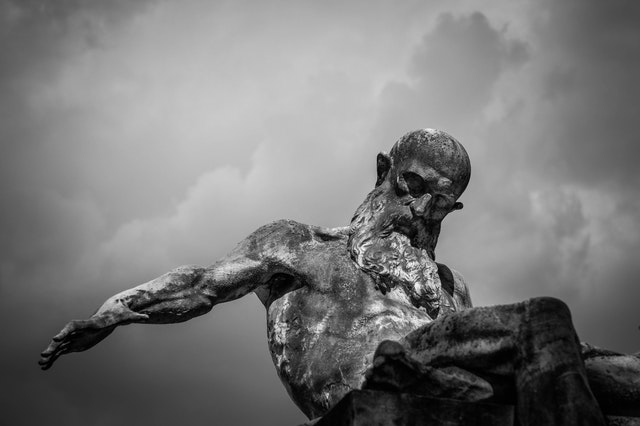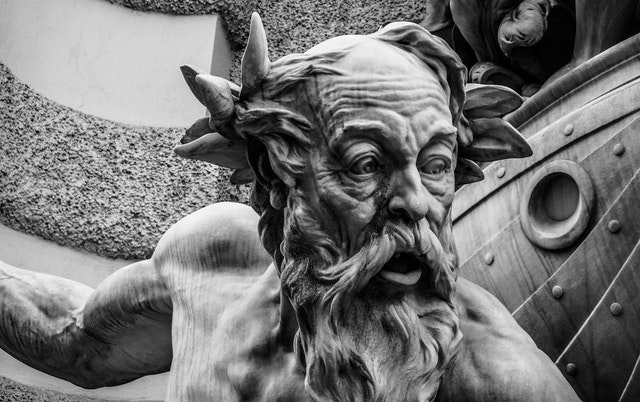The Start
What is masculinity? This question is a core reason why I started this blog and photography project here at The Man Effect. I have been pursuing and exploring this question for years. I love it and the ramifications on my life it has had.
Masculinity, manliness, and the nature of men are not only something that I believe every human should take the time to ponder on. As humans, it is also something we should conceptualize and analyze the belief of how men exist and represent themselves in immediate and extended communities.
Moving forward, I think it would be appropriate to build some foundation of a definition before we proceed with the importance and impact this question can and does have on our lives if we are open to going down this path.
The Definition & Foundation
You ready to jump in? Let’s begin with the definition of the word Masculinity. Here are three different website definitions that are a decent starting point.
Lexico simple defines it as such.
[mass noun]Qualities or attributes regarded as characteristic of men.
‘handsome, muscled, and driven, he's a prime example of masculinity’
The classic Wikipedia is up next.
Masculinity (also called manhood or manliness) is a set of attributes, behaviors, and roles associated with boys and men. As a social construct, it is distinct from the definition of the male biological sex. Standards of manliness or masculinity vary across different cultures and historical periods. Both males and females can exhibit masculine traits and behavior.
Traits traditionally viewed as masculine in Western society include strength, courage, independence, leadership, and assertiveness. Machismo is a form of masculinity that emphasizes power and is often associated with a disregard for consequences and responsibility. Virility (from the Latin vir, "man") is similar to masculinity, but especially emphasizes strength, energy, and sex drive.
And for fun lastly I want to add the thoughts of Urban Dictionary. This is the top voted definition at the moment.
The properties characteristic of the male sex
The trait of behaving in ways considered typical for men
“His masculinity is very obvious in the way he struts his stuff.”
Now that we have an agreeable western definition of the word, I think it would be fun to dive into the etymology of the word. We are going to use etymonline.com to do this. Here is the basic info, and if you want to dive in deeper into etymology that is on you.
"quality of being masculine," 1748; see masculine + -ity. Earlier in same sense was masculineness(1660s).
mid-14c., "belonging to the male grammatical gender;" late 14c., "of men, of male sex," from Old French masculin "of the male sex" (12c.), from Latin masculinus "male, of masculine gender," from masculus "male, masculine; worthy of a man," diminutive of mas (genitive maris) "male person, male," a word of unknown origin. The diminutive form might be by pairing association with femininus(see feminine). Meaning "having the appropriate qualities of the male sex, physically or mentally: Manly, virile, powerful" is attested by 1620s. As a noun, "masculine gender," from c. 1500.
word-forming element making abstract nouns from adjectives and meaning "condition or quality of being ______," from Middle English -ite, from Old French -ete (Modern French -ité) and directly from Latin -itatem (nominative -itas), suffix denoting state or condition, composed of -i- (from the stem or else a connective) + the common abstract suffix -tas (see -ty (2)).
The Discussion
Now, the pursuit of figuring out what it means to be masculine, manly, or just a man is not only a common thing but is crucial to the solidification of someone who can weather the storms of life. Seeking out our purpose in life and how we fit into this organism of life positively influences our inter-personal fortitude and health.
For example, earlier in the year of 2019 I was in a skateboarding accident and fractured my skull and encountered a traumatic brain injury for the first time. It is at moments like these in my life that as a man if I had not pursued bettering myself and asking hard questions I honestly am not sure if I could have made it through that very dark time. I could not believe the amount of internal strength that I was able to tap into.
During storms like that in my life, I recognize and value my insatiable desire to ask questions that I may never find the answers to more and more. Yet, even in the quarrel of wrestling with questions like, “What is masculinity?” I find that pressing into this discomfort and unknown realms, there is a positive long-term impact that I am usually not even be aware of as a possibility.
So, what is masculinity? Is it a social construct? Is it a trait only heterosexual men can embody? Is it something you will ever be able to understand and embody in your own life? Has the definition of masculinity been shaped by only men in your life? But I digress.
If you like questions and thinking about masculinity, here is an article that may interest you as well. “15 Questions and Answers About Masculinity”
Needless to say, if you are still reading, it is time to jump in! I am going to take an approach I doubt you were expecting.
Does masculinity hold any value?
I think exploring this question is crucial for you and I. If it does or does not hold value to us then we may want to meditate on that and find someone who can confidently articulate an opposing view. Your value of masculinity is going to be a strong source of energy on your quest to deeply analyze and learn, but also it will influence how you digest content.
If you find it difficult to define how much value it holds in your life, maybe start to explore why you are motivated to read this article or even search the internet for answers. The self-auditing and self-evaluation of your motives can reveal the value masculinity holds to you which is, in my opinion, foundational.
Here are a few questions to ask yourself in regards to masculinities value.
Does masculinity have social value to me?
Does masculinity hold a core value for me?
Is masculinity something I desire to grow in?
If I don’t find answers about masculinity will I give up right away or keep digging?
What if masculinity doesn’t matter?
I think if you answer these questions and then reflect upon your answer you will find how much value masculinity has in your life. Then from that point, you can observe the influence this has on your thought processes and desire to find answers.
What is a social construct?
In the exploration of masculinity, it is imperative that you take into consideration the influence your immediate and extended society is having on you. Hence, the importance of knowing what a social construct is will help you walk through sorting out the process of defining masculinity.
A social construct is defined as such by Merriam-Webster.
formal
: an idea that has been created and accepted by the people in a society
Now, I don’t always like referring to Wikipedia as there are more in-depth ways to learn, but out of necessity and time, I want to pull from there to writing on social constructionism.
Social constructionism is a theory of knowledge in sociology and communication theory that examines the development of jointly constructed understandings of the world that form the basis for shared assumptions about reality. The theory centers on the notion that meanings are developed in coordination with others rather than separately within each individual.
Social constructionism questions what is defined by humans and society to be reality. Therefore, social constructs can be different based on the society and the events surrounding the time period in which they exist.
After reading that I hope you and I can agree that what society accepts as masculine influences how we define masculinity. I don’t think this is a good or bad thing, to be honest. For me, it is just a factor that needs to be considered when contemplating on the original question, “What is masculinity?”
For fun, take a moment and try to project yourself back 200 years into the past. Put yourself into the shoes of a child who is in the early stages of forming what they perceive to be masculine. Would it be different than what is today?
What if you took into consideration that a different country and culture may have a completely different formulation of what masculinity is? Does this influence how you currently feel about masculinity? Would learning about other cultures belief of masculinity have any influence on you?
What do you think masculinity will be defined as 200 years from now?
As you honestly think about and evaluate these aspects of influence in your life, how does this impact you? What is going on right now in your brain? Have you ever thought about how much influence the current, past, and geographical variances have on you?
These are all important questions to be asking yourself and I hope you are capable of doing so honestly.
Why am I not directly answering the original question?
There is so much more importance and necessity in you and I digging into a conversation rather than just looking for one person’s opinion or belief. You are here reading this article to assist yourself in formulating your own opinion on this topic, and I have found that asking a multitude of questions from different angles directed at this topic is one of the best ways to help others construct how masculinity is conceptualized.
Think about it this way. Say I go to a good friend of mine and ask them, “What is masculinity?” When they respond, I intentionally choose to be considering their family upbringing, the culture they currently live in, their religious beliefs, or simply if a father figure in their life was a good or bad role model to them. There are sooooooo many factors that influence every human’s belief on this topic so it is imperative that you take into consideration that this is a more complex topic than simply stating, “Masculinity is a man who demands respect and honor.” Now, is that a bad statement? No, but does it fully define what the current western civilization embodies to be a man? Ahhhh…… hell no.…..
This is why I am not simply writing down what I believe masculinity is, because I feel that is shortsighted and I would prefer to push you to think deeper about this topic rather than walk away from your screen and have a boosted ego because now you hold an answer that you might agree with.
So, before you read any further or get frustrated with me, stop and take a moment to reflect upon what your motives are. Like, why are you trying to discover what yours and others opinions are around the topic of masculinity?
Thoughts to consider next.
In the article, “Is Traditional Masculinity Bad?” there is an excerpt that fits well with this topic and helps us transition into the next stage of thinking.
“The more that men endorsed ideas of traditional Western masculinity, such as “risk-taking, dominance, primacy of work, and pursuit of status,” the more likely they were to have personal courage, autonomy, endurance, and resilience in the face of hardship. When men conformed to ideas of masculinity defined by winning, emotional control, and self-reliance, it resulted in lower levels of courage, grit, self-control, autonomy and resilience.”
Does that make you self-evaluate or asses the men around you? I hope so. Now, as we are auditing our own and others thought processes I want to throw in this segment from, “The Cultural Politics of Masculinity: Towards a Social Geography”
“…Victor Seidler (1989) argues, learning to be a man often involves learning to speak for others in the supposedly neutral and impartial language of reason, rather than speaking for ourselves in ways that reveal our emotions and feelings from which we have been progressively alienated since childhood.”
The author continues,
“Neither should the recognition of variable gender identities be taken to imply that masculinities and femininities are formed in an entirely voluntary way or changed by individual whim. Gender identities are formed from birth as children are molded into socially-approved patterns of masculinity and femininity. But, while early childhood is undoubtedly a crucial period in the formation of gender identities, masculinities and femininities are being created and recreated throughout the lifecycle: confirmed, negotiated and modified on a daily basis.”
Now, let’s talk about this a little. Have you taken into consideration how much your upbringing influences your perception of masculinity? Also, are you able to delineate what is innate attributes of masculinity and what you are adopting due to the cultural setting? There is a decent amount of academic research out there on this topic that if you want to dig deep I suggest you go down that path.
There are many angles to this topic that I wish I could encapsulate for you, maybe in the future, I will do so. I do hope that if you have made it this far, that your mind and beliefs are being challenged. It is my desire for you to wrestle with these questions which have been proposed and challenged by others thoughts.
The Conclusion
So….what is masculinity? Honestly, I hope you are still asking yourself that question and that you find the motivation within yourself to go down this deep rabbit hole.
In my early and then late twenties this was something that I wrestled with continuously. I desired to know what the answer was so bad because I think deep down I believed it would help me find a sense of value and purpose.
Ironically, even though I cannot say I feel satisfied with everything I have learned in regards to masculinity, I do know that pursuing and pushing into this topic has taken me on a wonderful journey that I am extremely grateful for.
I do want to share with you what I have learned to help encourage you and help me reflectively think.
Discovering what it means to be a man does not matter nearly as much as being secure in yourself. What I mean by this is focusing on personal development rather than social acceptance.
Pursuing a difficult question leads to questions that are even harder.
Don’t assume what you grew up around is the what is best. It may not be wrong, but it also may not be right.
Life doesn’t give two fucks of what you think a man should be. I personally found freedom in this.
If you are insecure about your masculinity, finding the definition of masculinity will not solve this problem. You and I need to work on ourselves and work through our own issues.
Eat pizza. It helps. Trust me.
Okay, enough of me ranting. I am truly honored and grateful that you have read this article and I hope you found some sense of hope in the midst of your quest to find answers. Keep on digging and update me on your journey.
With regards,
Timothy
Founder of The Man Effect






